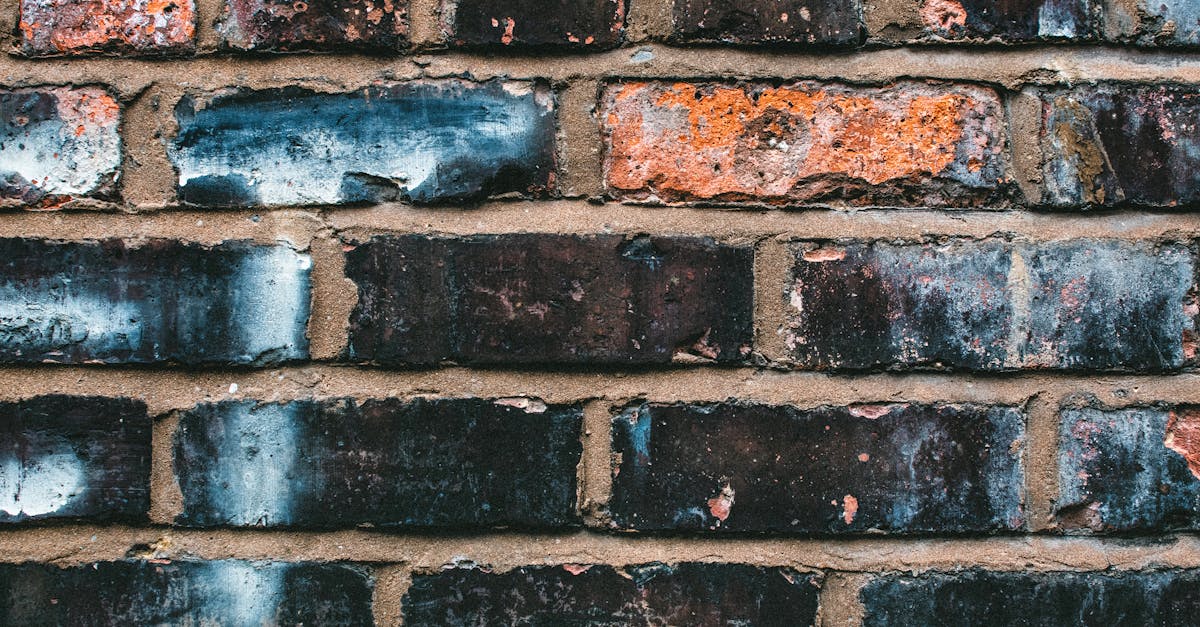
Long-term Benefits of Properly Sealed Cavity Walls
Longevity of Building MaterialsOverview of Suitable Repair Materials
Proper sealing of cavity walls plays a crucial role in prolonging the lifespan of building materials. Moisture penetration can lead to significant damage over time, resulting in rotting timber, rusting metal components, and the deterioration of masonry. When cavity walls are adequately sealed, they act as a barrier against water intrusion. This protection helps maintain the structural integrity of the building, reducing the need for costly repairs and replacements in the future.When addressing the restoration of cavity walls, selecting the right materials is crucial for effective and long-lasting repairs. Commonly used materials include hydraulic lime mortar, which offers flexibility and breathability, making it ideal for damp conditions. This type of mortar helps to prevent moisture accumulation within the wall structure, safeguarding against future damage. In addition, specialised repair products like injection resins and
es that promise fewer issues, creating a sense of trust in the quality of the structure. This perception enhances the desirability of the property, making it stand out in a competitive market.Why is it important to hire professionals for restoring cavity walls?
Additionally, well-maintained homes typically command higher sale prices compared to those requiring significant repairs. Buyers are more likely to invest in a property where they feel assured of its durability and reduced maintenance costs. An investment in sealing cavity walls not only safeguards the structure but also enhances its market presence, offering a clear advantage during the selling process.Hiring professionals ensures that the restoration is performed correctly and safely, utilising their expertise to identify underlying issues and apply appropriate solutions.
Proper sealing of cavity walls prevents moisture ingress, which can lead to mould growth, rotting, and other forms of deterioration. By keeping the walls dry, sealing helps extend the lifespan of the building materials.Related Links
Will sealing cavity walls increase my property's value?Techniques for Repointing Cavity Walls
Yes, properly sealed cavity walls can increase property value by enhancing the overall condition of the home, making it more appealing to potential buyers and improving energy efficiency.Fixing Water Ingress in Cavity Walls
What is the market appeal of well-maintained homes with sealed cavity walls?Evaluating Cost-Effective Repairs for Cavity Walls
Homes that are well-maintained, including those with sealed cavity walls, often attract more buyers and can command higher prices due to their perceived quality and lower maintenance needs.Repairing Cavity Wall Ties